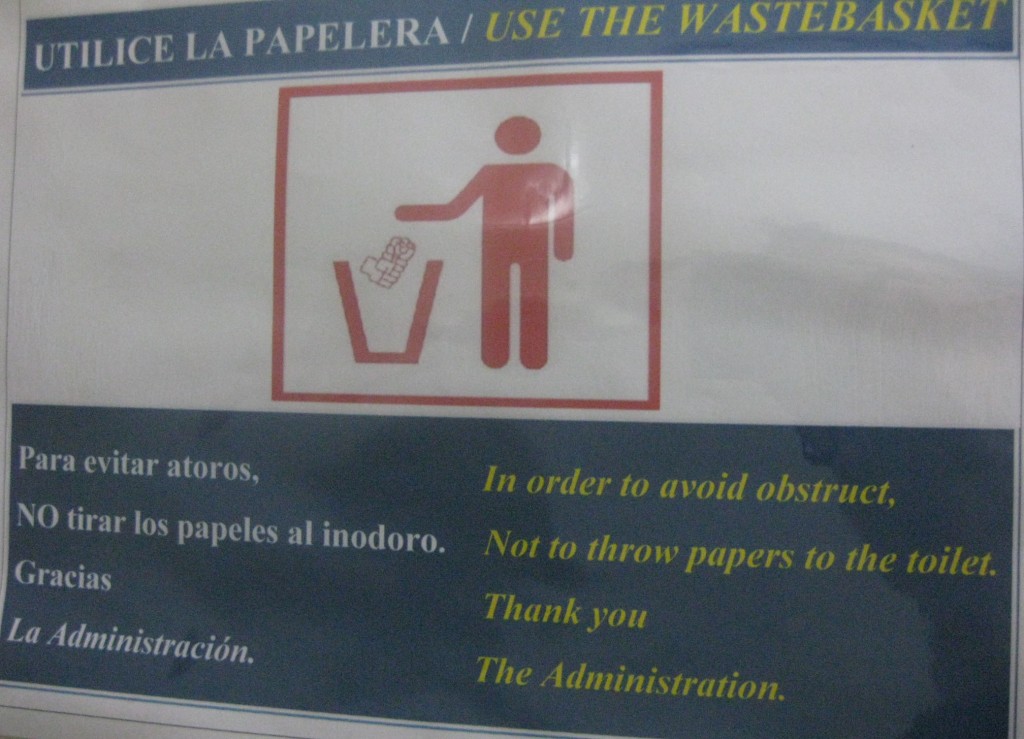During my junior year in college I had the distinct pleasure of visiting the country of Japan.
This was a dream trip of mine. Truly a life-changing experience for me – I had the chance to spend over two weeks in Tokyo, living in the home of a friend.
It gave me the amazing opportunity to see firsthand, what life in a Japanese home was really like, not just a tourist perspective, but that of a native. To anyone who has visited another country, the most authentic way to do so, is to stay in a local home (not a hotel).
One evening, we all gathered around the dinner table and enjoyed a delicious hot pot dinner. I remember making a comment to my Japanese friend that the meat was very different than the style that I was accustomed to in the U.S.
I intended this comment simply as an observation. Unfortunately, by the time it was translated back to my friend’s mother, it somehow came across as a complaint.
Immediately, my friend’s mother began profusely apologizing for dinner!
I was horrified, and I handled the situation rather poorly.
I became frustrated with my friend, and I blamed them for unfairly translating my comment, and rephrasing it in a way that, I thought, made me look bad.
Next, I did the only sensible thing to do in a situation like this – leave the house and go for a walk in the dark in a country almost 7,500 miles from home, where I could not speak the language, and only knew one other person.
Absolutely brilliant.
When my pride finally gave up, I returned back to my friend’s house, only to realize, that while my words may have been mistranslated, my actions spoke far louder than my words. If there was any doubt about my maturity, this solved to end the debate.
In a future blog post, I will go into further detail about how to be a complete insensitive jerk – in the meantime, I think this story can serve as a pretty good example of what not to do.
In any event, I was reminded of the document I found online a couple years ago about recognizing employees.
The document originally had been translated (perhaps twice – from one language to the next) but the final language was something that looked like English.
I want to share with you a couple of my favorite suggestions.
From the list titled “40 Quick Employee Recognition Expressions” – See if you can try to figure out what these are all about.
“Not one and all is a imaginative intellectual…but you are.”
“Few people have your hallucination”
“Your longing and readiness petroleum our mutual efforts and show the way us to success”
“Your private commitment to fineness has stimulated others to shove past poorness”
“The new-fangled insight you provided was the maximum triumph in the effort”
“You’re ‘what on earth it takes’ outlook has made all the distinction in this attempt”
“You’ve got a winner’s outlook. Of route! You are a winner!”
Imagine the look on an employee’s face who just heard one of those comments from a well-meaning boss.
While we might not have the same translation or word issues, it’s often possible for what we say to be misunderstood by others.
So how do you work on communicating more clearly?
Understanding the part of a message is a good place to start.
The ubiquitous percentile ranking of what messages are composed of, ranks words at 7% , tone of voice at 38%, and the remainder of our message is sent through body language and nonverbal cues.
So, if you have ever thought that others really don’t listen to what it is that you are saying… you might be right!
How have you been misunderstood? What did you do to improve the quality of your own communication?


Jon, great story and hilarious translations there at the end. I think whatever our message, we should focus more on how it will received and less on how it will be delivered.
good point Ellory – when we worry too much about how we look, it becomes difficult to provide others with what they need.
I Enjoyed your article. I got a little emotional at work once and in order to stop myself from crying and looking weak in front of my co-workers and boss who by the way, it was rumoured to make countless of employees cry. I stormed out of the room saying I was not feeling well and was going home an hour early. Looking back I see where that situation made me look like a bad employee.
Emotions are powerful things Juana! Once they kick in, we pretty quickly default to “fight or flight.”
Its something I can’t take back, but we learn from our mistakes. Next time I’ll fight in a situation that does require me to fly. “Fight or flight” I’m done running, its my reputation at stake here.
The best time to think through a situation, is before you are in the moment – it sounds like you have a good strategy there!